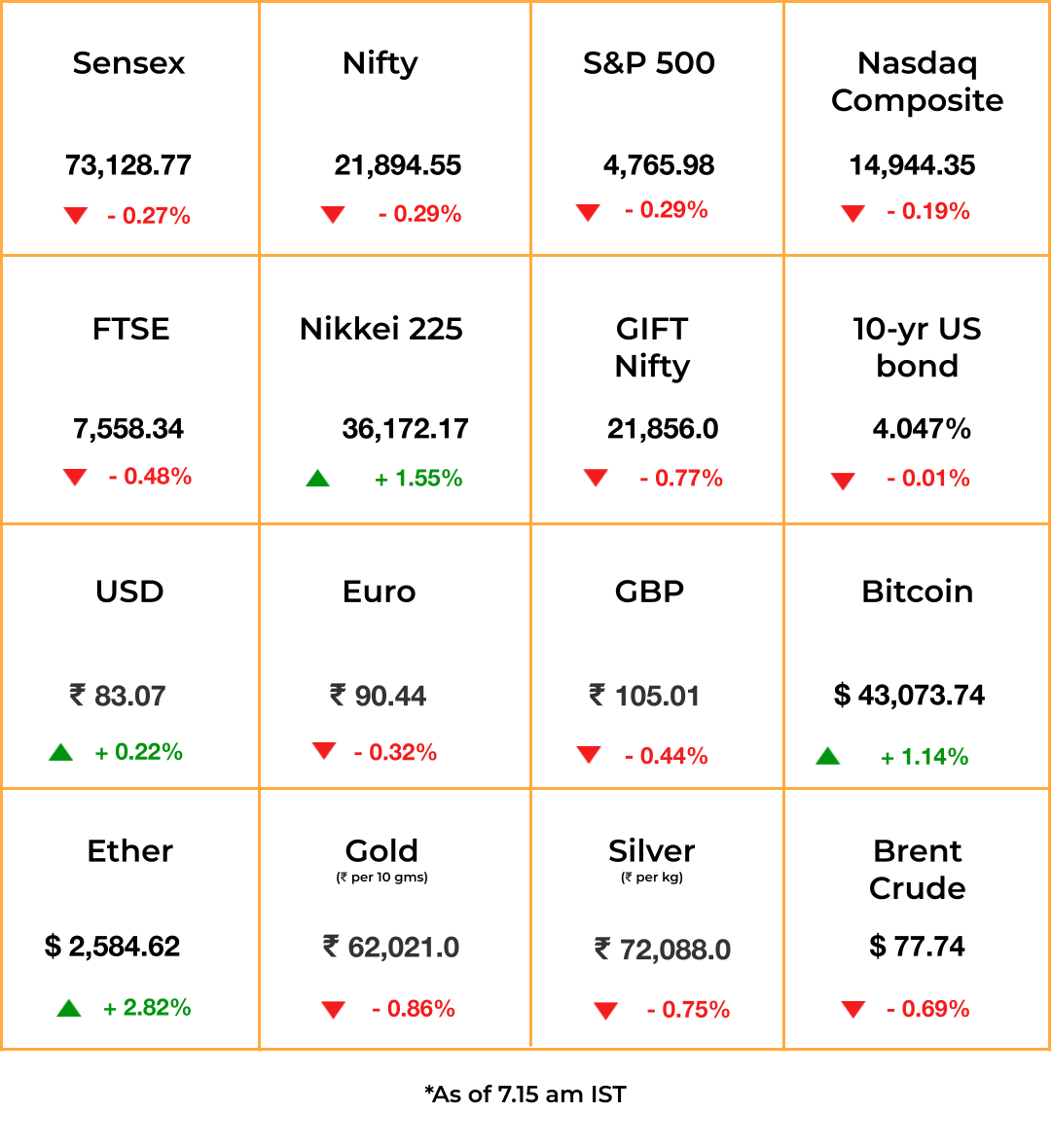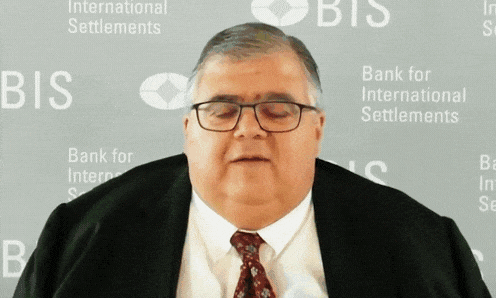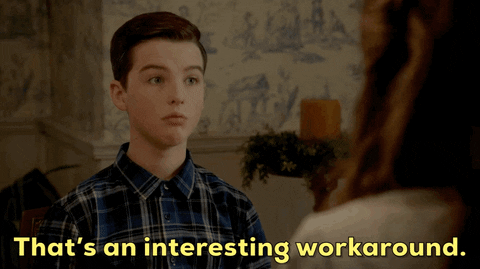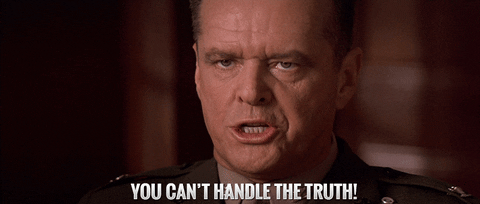Tony Stark is alive in China
Also in today’s edition: It doesn’t pay to be a banker; Kids are wearing their hearts on their sleeve; Flight or fight; Apple’s woeful January
Good morning! After crafting essays, images, videos and cloning voices, the only thing left for AI to emulate was actual writing. Sadly, even that’s no longer the case. Bloomberg reports that researchers at Abu Dhabi's Mohamed bin Zayed University of Artificial Intelligence have created an AI system that can imitate a person’s handwriting; all it needs is a paragraph or two of someone’s handwriting as a sample. Can’t wait for this to be a plot device in an Abbas-Mustan film.
Adarsh Singh and Venkat Ananth also contributed to today’s edition.
The Market Signal*
Stocks & Economy: If inflation does not rear up again, the Federal Reserve will start cutting interest rates, Fed governor Christopher Waller said.
Chinese Premier Li Qiang told a gathering of global elites at the World Economic Forum in Davos that his country grew at 5.2% in 2023. China’s much-roiled stocks might get a stabilising anchor in its $1.2 trillion sovereign wealth fund, Central Huijin Investment Ltd.
Reserve Bank of India Governor Shaktikanta Das said retail inflation is steadily moving towards its target of 4%.
Asian stocks were in retreat on Wednesday morning. Japan was the lone green patch. After rising for five days on the trot, India’s Sensex and Nifty fell on Tuesday. The benchmarks may continue to slide, going by the GIFT Nifty’s morning movement.
BANKING
How Much Is Too Much?
That’s the question on the Reserve Bank of India’s (RBI) mind when it decides the remuneration of C-suites at the nation’s top banks. Yes, you read that right.
The country’s top financial regulator’s mandate includes approving the salaries of banking honchos. Understandably, this does not sit well with executives.
Exits and frustrations: Madhivanan Balakrishnan, former executive director at IDFC First Bank, decided to step down last December after the regulator mandated a 25-30% cut in his new salary. Sumant Kathpalia, CEO of IndusInd Bank, hasn’t received a pay hike in four years. Many point to delays in approvals too. HDFC Bank’s CEO Sashidhar Jagdishan’s performance bonus in FY22 was only approved in 2023.
Discipline matters: Seemingly, this tightening of strings seems to stem from RBI’s 2019 compensation norms wherein it cautioned against excessive risk-taking and rewarding executives for short-term profits.
HEALTH
The Kids Aren’t Alright
They’re struggling to stay on an even keel. Indian youth seeking solutions for their mental health problems have bumped sales of antidepressants in the country by 9% year on year to nearly ₹12,000 crore (~$1.45 billion). It isn’t a sudden spike in cases of depression. Rather, 18-35 year olds are systematically facing more stress and anxiety than older generations. They’re also getting comfortable asking for help as therapy and psychiatric treatment become more widely available.
No use: So, is it useful to offer employees help with mental health? No, says a recent British study of over 46,000 workers.
Popular HR offerings such as health apps, professional coaching, and relaxation classes did little to alleviate employees’ stress while some, like stress management classes, actually pissed them off more. No wonder mental health startups in India are losing favour with investors.
🎧 Young Indians are revving up the demand for mental health drugs. Also in today’s episode, we find out if MBA degrees are still worth it. Tune in to The Signal Daily on Spotify, Apple Podcasts, Amazon Music, or wherever you listen to podcasts.
ENERGY TECH
Chinese Startup Catches Lightning In A Bottle
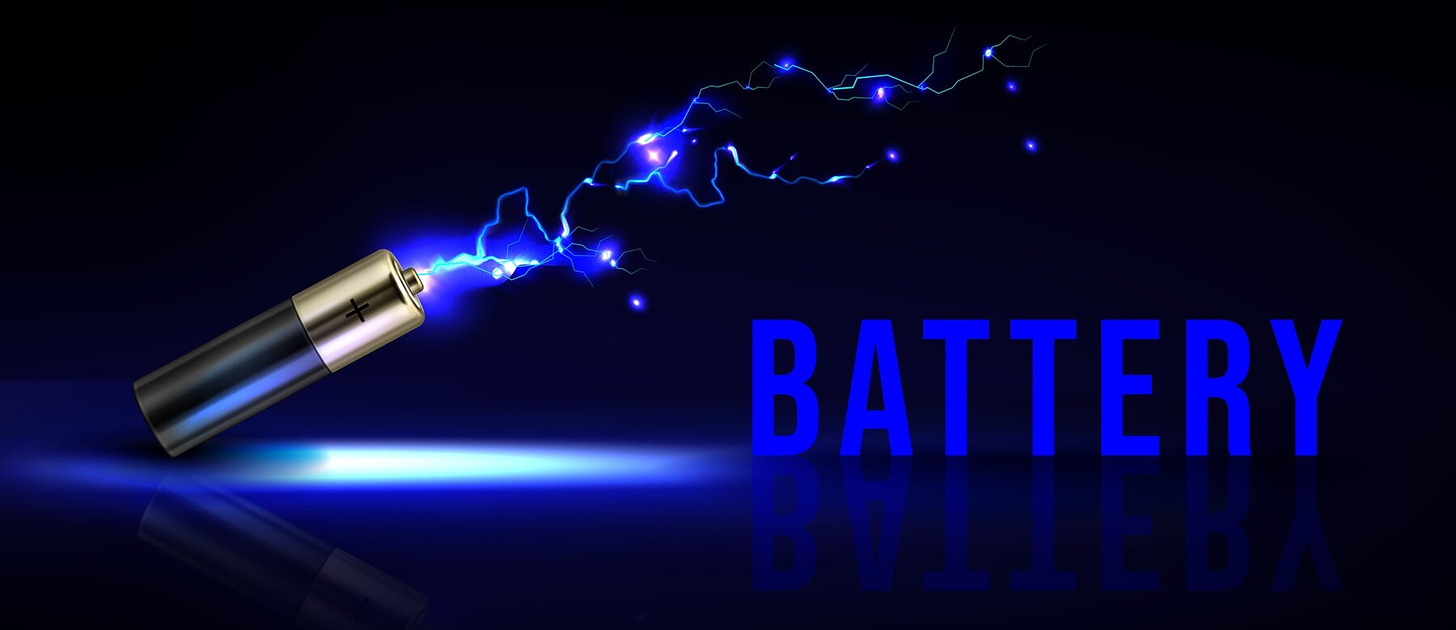
It had to be Tony Stark or China. Scientists at Chinese startup Betavolt have reportedly created a tiny nuclear energy system that can potentially power EVs for thousands of miles without a recharge or keep drones in the air indefinitely.
The nuclear battery, a module of which is smaller than a coin, can power a smartphone for 50 years without recharge before the 63 isotopes crammed into it decay into a harmless copper isotope. Betavolt is on the verge of commercial production. For now, the applications will be limited to AI equipment, medical devices, microprocessors, advanced sensors, etc.
Plant-like: Device makers at the CES 2024 showed off low-cost solar cells that are able to generate energy from light, even indoors, sometimes eliminating batteries altogether.
Alt Li-ion: To counter China’s EV push, Europe is pouring billions of dollars into Swedish battery maker Northvolt’s new lithium-ion battery plant. But Chinese EV makers are one step ahead. They are rolling out low-cost cars that run on sodium-ion batteries.
The Signal
While the West bumbles around trying to bring to market promising clean energy tech, China is leapfrogging to dominate the post-fossil fuel world. Scientific breakthroughs and innovations in fuel—it has already learnt how to cheaply extract hydrogen by directly splitting seawater—and energy storage tech combined with its manufacturing prowess and military might can make it a true superpower. Betavolt’s battery and Huawei’s achievements in advanced chip technology certainly give it an edge.
TRAVEL
Runway Of Problems
As more airlines discover faults in 737 MAX aircraft, Boeing is adding an extra layer of quality checks in its manufacturing process. Already, the company is facing a class-action lawsuit from passengers aboard the Alaska Airlines flight whose panel gave out mid-air.
Indi-No-Go: All week, IndiGo has been fending off irate customers stranded at various airports as incessant fog in Delhi led to countrywide delays and backlogs. A pilot announcing yet another delay got a right hook from a passenger. A video of fliers picnicking on the tarmac while waiting for a delayed flight went viral.
Not so FAST: Meanwhile, the much-touted, time-saving FASTag has already run its course. Ten years after it was first introduced, the government is planning to replace it with GPS-based toll collection. All vehicles will need a GPS tracker to cross major highways. There are privacy concerns though. Duh.
TECHNOLOGY
Apple Gives In
The latest versions of Apple’s smartwatches—the Series 9 and Ultra 2 —could soon come without a blood oxygen sensor. That’s Apple’s workaround to avoid a US sales ban on its watches. It could involve a software change and redesign of the watch to exclude the feature.
Decision pending: Last year, a federal agency ruled in medical device company Masimo’s favour in a three-year-long patent infringement dispute over Apple’s use of pulse oximeters in its watches. Apple is seeking a long-term stay in an appeals court. The technical changes could follow should it lose the appeal.
On the backfoot: A 30% drop in iPhone sales in China has forced Apple to offer hefty discounts on its phones, including the latest iPhone 15 series. Apple’s sales woes coincided with Huawei making a comeback with its slick Mate 60 phone.
FYI
Landslide: Former US President Donald Trump breezed through the Republican Iowa caucuses, winning 51% of the votes. Florida governor Ron DeSantis edged out Nikki Haley to finish a distant second, while anti-woke candidate Vivek Ramaswamy ended his longshot campaign.
Fresh dough: Indian quick service restaurant company Wow! Momo Foods has raised ₹350 crore ($42.1 million) from investors led by Malaysia’s sovereign fund Khazanah Nasional Berhad. PE giant KKR is looking to infuse $300 million into the Reliance-backed BookMyShow.
Pairing up: Telecom giant Vodafone signed an agreement with Microsoft to invest $1.5 billion across businesses such as AI, the Internet of Things, and digital payments over ten years. The deal will also see Vodafone using OpenAI’s technology for customer service operations.
See you in…: The Tokyo District Court, where Japanese fashion major Uniqlo has filed a lawsuit against Chinese rival Shein for allegedly copying its hit round mini shoulder bag. Uniqlo is seeking a cease in sales and compensation for damages.
More pink slips: Google is laying off “hundreds of employees” in its advertising sales team as part of a restructuring effort, according to a Business Insider report that cited an internal memo.
Salam: The Indian government will include Farsi (Persian) as one of the nine classical languages in India’s New Education Policy. The decision was announced during external affairs minister S Jaishankar’s visit to Iran.
Honours even: HBO’s Succession and Hulu’s The Bear bagged six awards each at the 2024 Primetime Emmy Awards. Succession won Outstanding Drama Series, edging out Better Call Saul, The Last of Us, and The Crown, among others.
THE DAILY DIGIT
$4.2 trillion
The estimated worth of China’s “silver economy” or elder care services in the next decade. That’ll be 10% of the country’s economy by 2035 and bigger than India’s current size. (Bloomberg)
FWIW
Alt-history: We all have our favourite alt-history shows. But what’s a work of fiction for us, is a reality for others. Countries like China are notorious for shutting off all outside information and feeding its populace with alternative versions of events. Now, it seems like Russia has joined the ranks too. The country has launched Ruwiki, a Russian version of Wikipedia. The Putin-approved encyclopaedia reportedly has more articles than the Russian-language version of Wikipedia. While Wikipedia in itself isn't banned in the country, the website has had to face numerous fines over Ukraine-related content. Who knew running an encyclopaedia could be such a headache.
Sleuthing time: How long will you wait for an answer? 10 years? Because that’s how long Sara Rivers Cofield waited. An archaeologist by profession and a collector of antique costumes and purses on the side, Sara bought a vintage dress from the 1880s back in 2013. Inside the dress, she found a cryptic message hidden in a secret pocket. While Sara herself couldn’t figure out the details, she left the message online on her blog. A decade later, Wayne Chan, an archaeologist from Canada, has finally deciphered the text. It turns out that the cryptic message was… a weather report. Yes, that message was meant to be sent via telegraph, a technology that incentivised brevity and thus the cryptic words. What a buzzkill!
Out and about: Malls are sort of going through their ‘neglected phase’ in the USA. Foot-traffic is down 4% compared to last year. The numbers are as low as 12% when compared with 2019. The malls most severely hit by this trend are the ones catering to the lower-end of the spectrum. Why? More time because of the rise of work-from-home and pandemic after-effects are touted to be some of the reasons. That’s why retailers in the US are moving their shops to outdoor, open-air locations and strip malls. Not just this, reduced maintenance cost and closer proximity to their customers are also reasons to justify this shift. That’s all well and good but strip malls? Seriously???





